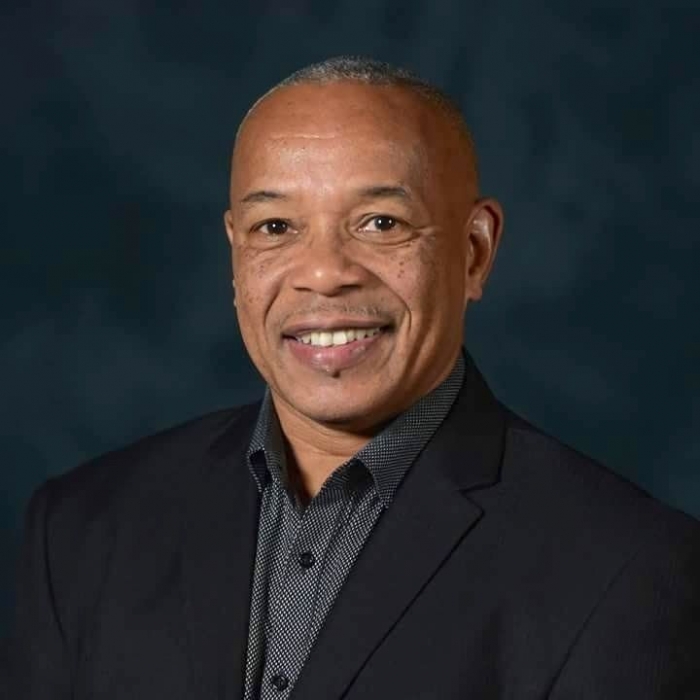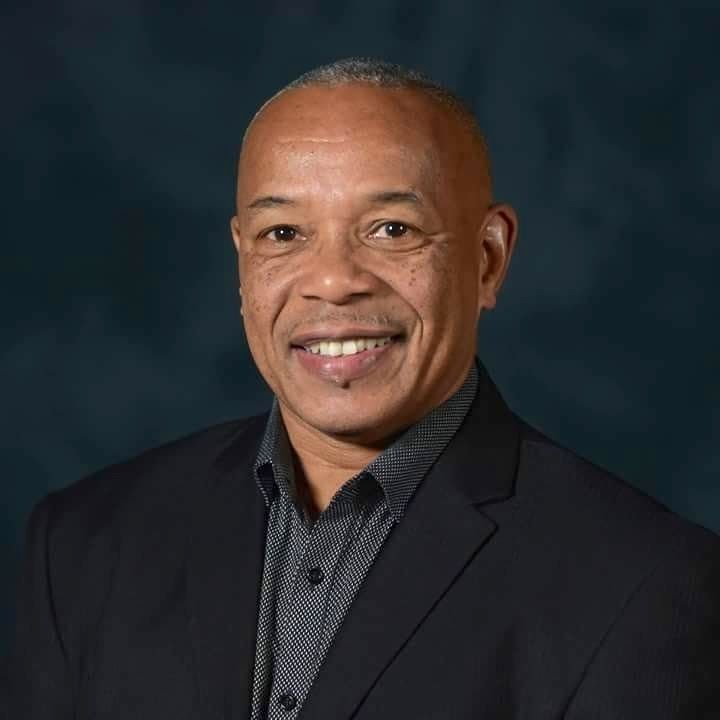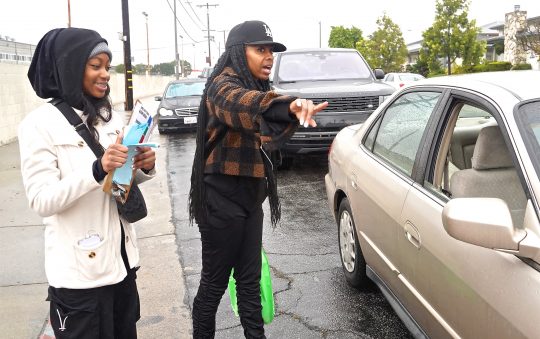
There was never, ever a dull moment when Mr. Larry Aubry walked through the doors of the Los Angeles Sentinel to deliver his powerful weekly column. Anticipation was always in the air.
From my office, just short of the rear of the building, I could hear Larry greeting every Sentinel staffer, smiling and joking as he slowly worked his way down the long hallway to see me. It was deadline day.
When he entered the office, he had my full attention. We’d shoot the breeze about what was really going on in the community, because if anyone knew, it was Larry.
I don’t think there was an important meeting to the community that he didn’t attend.
I didn’t get a chance to get out of the office as much, so Larry always brought a brilliant and on-point perspective. Despite my lack of experience, our conversations made me a better managing editor.
I worked with Larry since joining the Sentinel as a reporter in 1991, covering the community in the aftermath of the civil unrest sparked by the acquittals of the LAPD officers videotaped beating Rodney King. Over the next decade, he became someone I looked up to in the industry.
I have great respect for Larry for never backing down on an issue of importance to the Black community. Every week, he addressed some extremely uncomfortable topics in his columns, even if it was us in the wrong.
You never wanted to get on Larry’s bad list. It didn’t matter whether you were Black, White, an elected official, or dirty police officer, he’d call you out in hot minute. But Larry would never call you out without speaking to you first.
I had my run-ins with him too.
I recall a time when I questioned Larry about a “possible imbalance” of information he was providing in one of his columns. Oh boy, did I regret that. I got schooled for the next hour.
You see, Larry knew the key issues affecting our community, because he lived and experienced the things he wrote about. Larry was the real deal, a walking handbook of Black history.
I will personally remember him as a fearless columnist and respected activist and leader, who did not always give the Black community what they wanted to hear, rather, he’d share with them what they needed to know.
Rest in peace brother.
James Bolden is a former journalist who now serves as a Public Information Officer for the County of Los Angeles.







